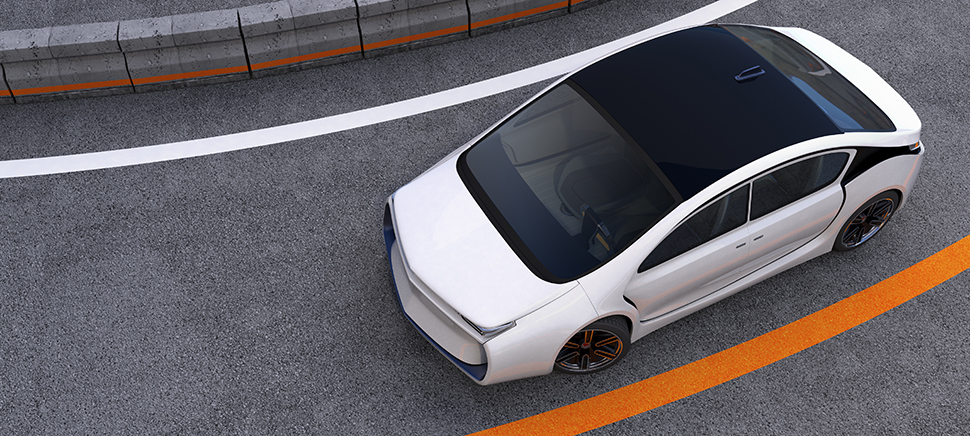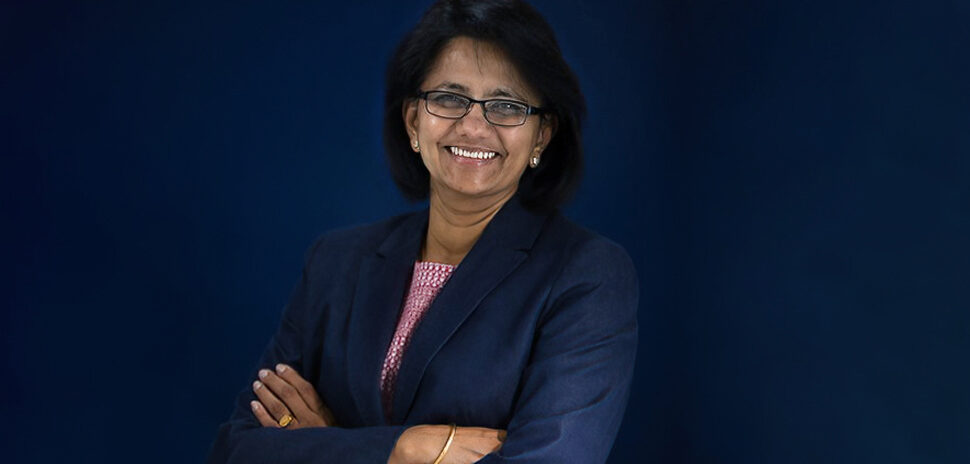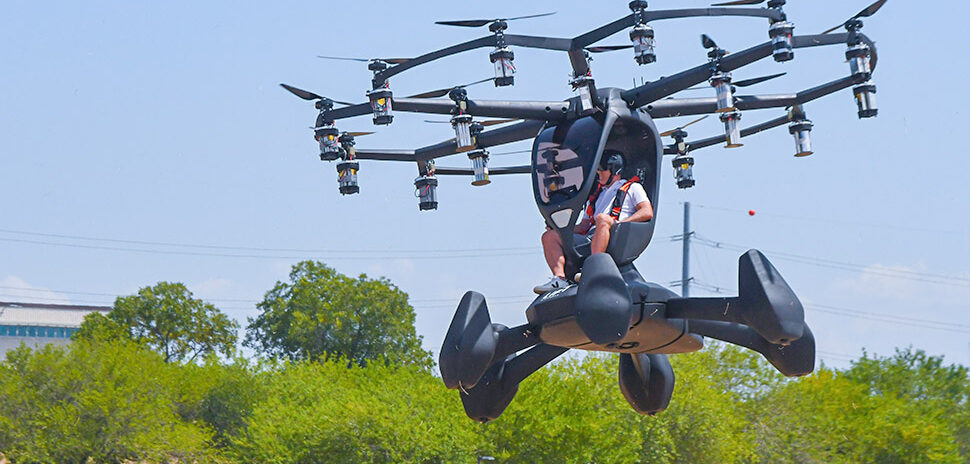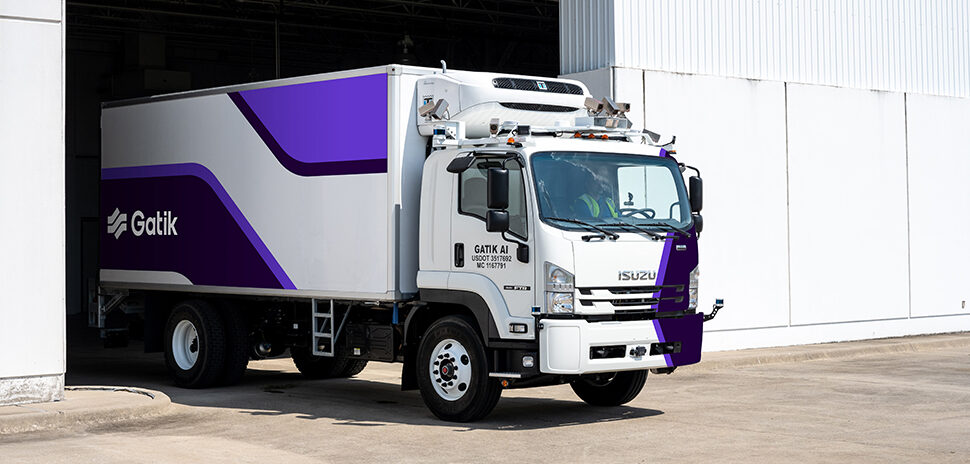DRIVERLESS CARS SHOULD HIT U.S ROADWAYS IN THE NEXT FIVE YEARS, EXPERTS SAY
Autonomous cars are expected to hit U.S. roadways in the next five years, and panelists at the TIA Network of the Future 2016 conference said the technology still has issues to be solved before artificial intelligence gets behind the wheel.
The Arlington, Virginia-based Telecommunications Industry Association is holding the conference this week at the Renaissance Hotel in Dallas.
AUTONOMOUS CARS WILL AFFECT TRAFFIC, PEDESTRIANS
During the “Autonomous Vehicles, Intelligent Roadways, Hyperdata Delivery and Extraction” panel, speakers talked about money, technology, and the future of the self-driving car.
Autonomous vehicles will affect the flow of traffic and pedestrians, and the goal of TIA is to focus on sharing and comparing military uses of the technology with other uses, such as commercial and private vehicles.
Sylvia Karmanoff, founder and president of KEMSI, a Plano-based consulting firm that manages the design and development software and devices for a variety of industries, moderated the panel.
“How will we deal with artificial intelligence?” – Sylvia Karmanoff
She talked about how people function with and without technology.
“How will we deal with artificial intelligence? How will bicyclists and pedestrians be taken care of when walking in the street?” were a couple of the questions Karmanoff said needed to be answered before the technology become widespread.
In fact, many questions were raised during the discussion about the future of driverless cars, from what would happen when a dog runs in front of a self-driving car, to whether the rest of the world would have to adapt to artificial intelligence along with the self-driving cars.
TIA Chief Executive Officer Scott Belcher said that the new technology in the cars would be a valuable lesson for the future and for safety.
TECHNOLOGY CAN REDUCE CAR CRASHES
“Vehicles are already connected to phones and the web,” Belcher said. “The government can require vehicle connectivity, which is cars all talking to each other. This can reduce crashes by 83 percent. Technology has changed.”
David Sparks, senior research scientist Transportation Operations Group at Texas A&M Transportation Institute, said ensuring the safe operation of the vehicles is important for an overall experience for car riders.
“Maybe one day my nieces and nephews won’t want to drive. Driving for my generation was a privilege.” – David Sparks
“There will need to be a conservative nature, integrating to save money,” he said.
“There need to be more cost-effective and efficient ways,” Sparks said. “Maybe one day my nieces and nephews won’t want to drive. Driving for my generation was a privilege.”
Allen Messer, vice president of software and innovation for Global Car eXperience at General Motors, said that everything needs to be planned in coordination to gain worldwide acceptance.
“The timeframe, geography and market all determine when it will happen,” Messer said of the launch of the self-driving car.






























